The Science Behind Winemaking
The science behind winemaking is in the hands of the winemaker, who can be both a scientist and a wine lover.
There have been several studies on the science behind winemaking and wine making. The next step is to use this knowledge to create a winemaking app.
The story of winemaking is one of the most fascinating in the world. It is a beautiful and complex process, which involves the interaction between many different factors. It is also a very complicated process that requires great skill to understand.
We should not think of these AI writers as a replacement for human copywriters. They just provide assistance to the content writers by getting rid of writer’s block and generating content ideas at scale.
AI writers are also used by businesses when they need to generate content for specific customers or target markets but they don’t have any data on them yet. In this case, AI writers can help businesses generate relevant customer profiles from their data in order to target them more effectively with relevant marketing campaigns or sales campaigns.
The science behind winemaking is a complex subject. This is because the process of making wine is much more complicated than the production of any other product.
The science behind winemaking is an interesting subject to write about. However, it is not the most practical topic.
We should not think of these AI writers as a replacement for human copywriters. They just provide assistance to the content writers by getting rid of writer’s block and generating content ideas at scale.
Winemaking is a very complex business. However, it is also a very rewarding business. It has the potential to transform the lives of millions of people in developing countries and has the potential to create some serious wealth for those who can invest in it.
The Science Behind Winemaking is an upcoming book by Dr. David Koehn, which aims to make winemakers more aware of their craft and how they can use science as a tool for their success. The book will be published by Oxford University Press on September 13, 2019.
Winemaking is a science that requires a lot of knowledge and expertise. It is not something that can be learned in school, so it is important to learn about the science behind it.
Winemaking is an art form where the production of wine is a complex and delicate process. It is one of the oldest and most versatile industries in the world. It has been around for thousands of years, and it has been a part of life in Europe for at least 3,500 years.
The science behind winemaking is a very complex subject. It’s not just about the grapes and the harvest, but also about the fermentation, aging and bottling.
Today, wine is one of the most popular alcoholic beverages. It is not just a drink and it is also an art form. It is created by blending different grapes with different yeasts and bacteria. These methods are used to make the wine taste good and have great aromas and flavors.
The process of producing wine starts with grape harvest and then it goes on to fermentation of grapes into wine, and then aging process in barrels for various lengths of time.
In the last few years, there has been a great deal of interest in the science behind winemaking. There have been many books written about this topic, but I will share my thoughts here on how we can make the most out of it.
The wine industry is one of the most complex and sophisticated industries. It is a product that has a long history and is still being developed. There are many different types of wines, and the process of producing them can be very expensive.
We need to understand wine production in order to gain an insight into how it works, how it can be improved, and what kind of strategies we should use to make our products even better.
Wine is a product with a long history. It has been produced for thousands of years. However, it is still not widely known that wine is an art form and has its own rules.
Winemaking is an art form that involves trying to create the perfect balance between two factors: temperature and humidity. Both these factors affect the taste of wine, so scientists are interested in finding ways to improve it. One way they do this is by analyzing data from wines produced over time. They look at how temperatures change during the production process – if they go up or down, then they can adjust their processes accordingly – but if not, then they can optimize them as well to get better results than before.
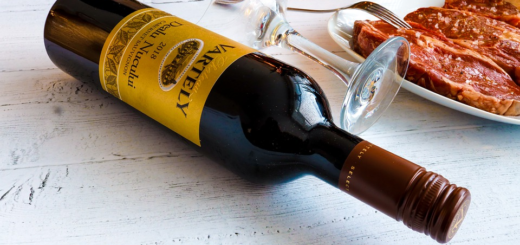
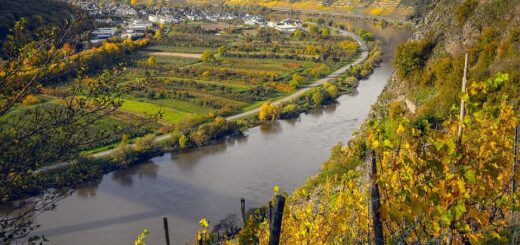
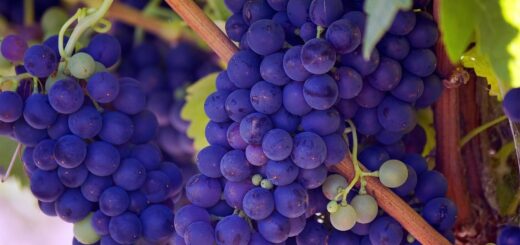


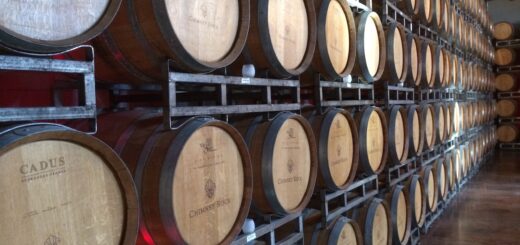
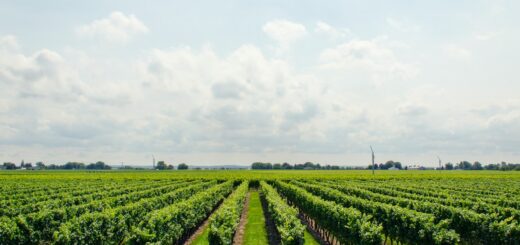









Recent Comments